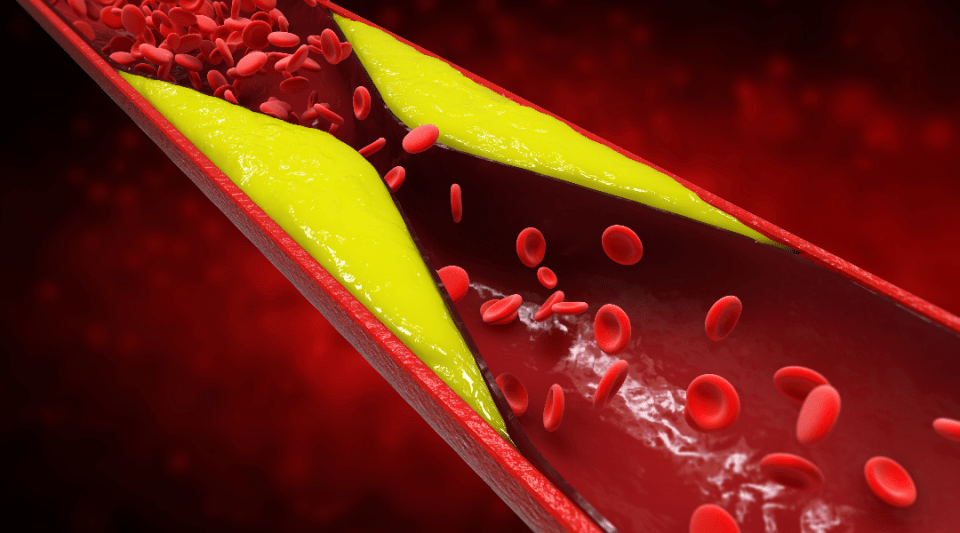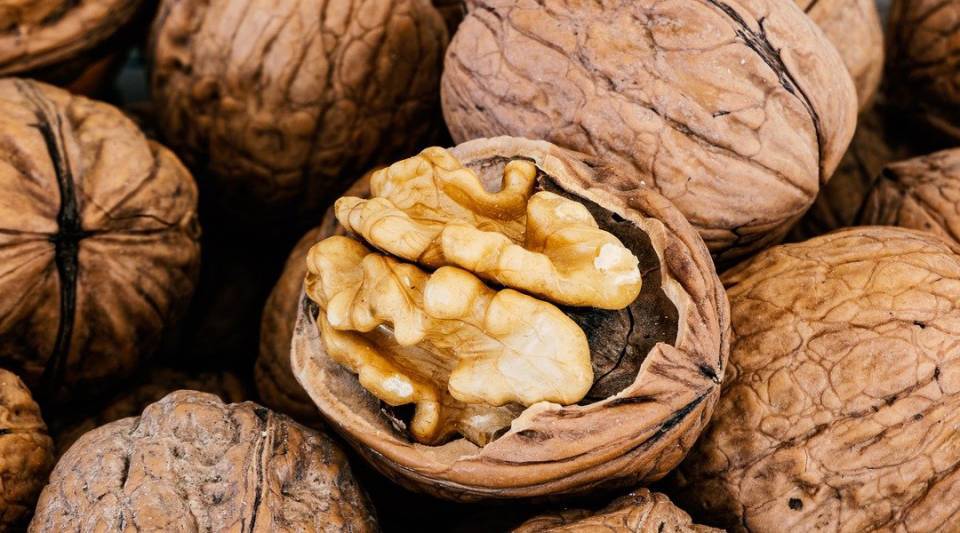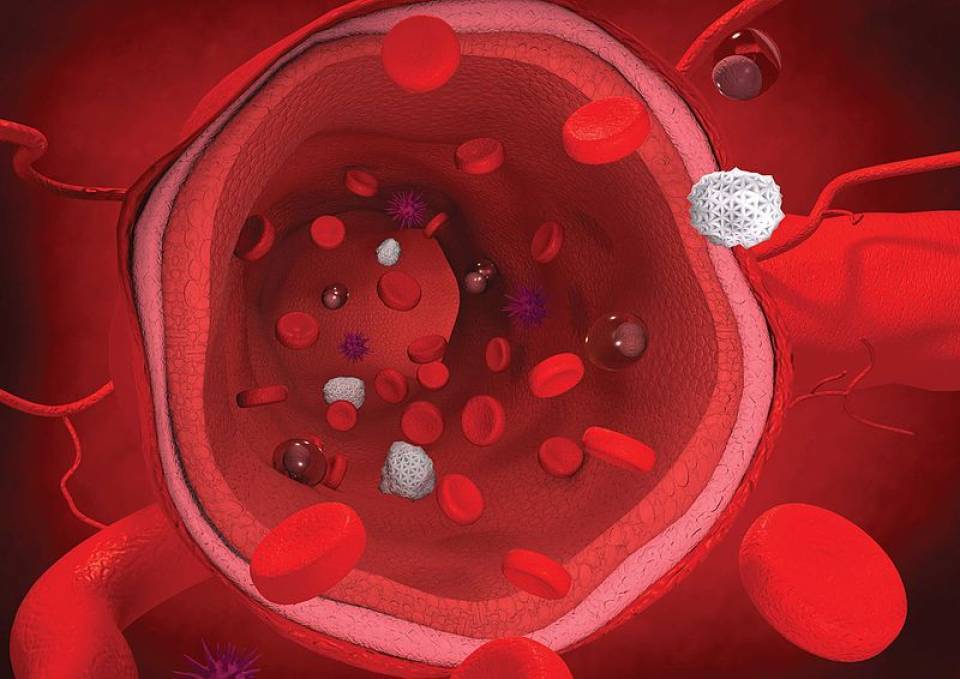22 January 2024
Substantiated information by:

Antonio J. Amor Fernandez
Endocrinologist
Endocrinology and Dietetics Department

Daniel Zambón Rados
Medical Internist
Endocrinology Department

Emilio Ortega Martinez de Victoria
Endocrinologist
Endocrinology and Dietetics Department

Gemma Yago Esteban
Nurse
Endocrinology and Dietetics Department

Violeta Moize Arcone
Dietitian
Endocrinology and Dietetics Department
Published: 2 October 2018
Updated: 2 October 2018
The donations that can be done through this webpage are exclusively for the benefit of Hospital Clínic of Barcelona through Fundació Clínic per a la Recerca Biomèdica and not for BBVA Foundation, entity that collaborates with the project of PortalClínic.
Subscribe
Receive the latest updates related to this content.
Thank you for subscribing!
If this is the first time you subscribe you will receive a confirmation email, check your inbox
An error occurred and we were unable to send your data, please try again later.



